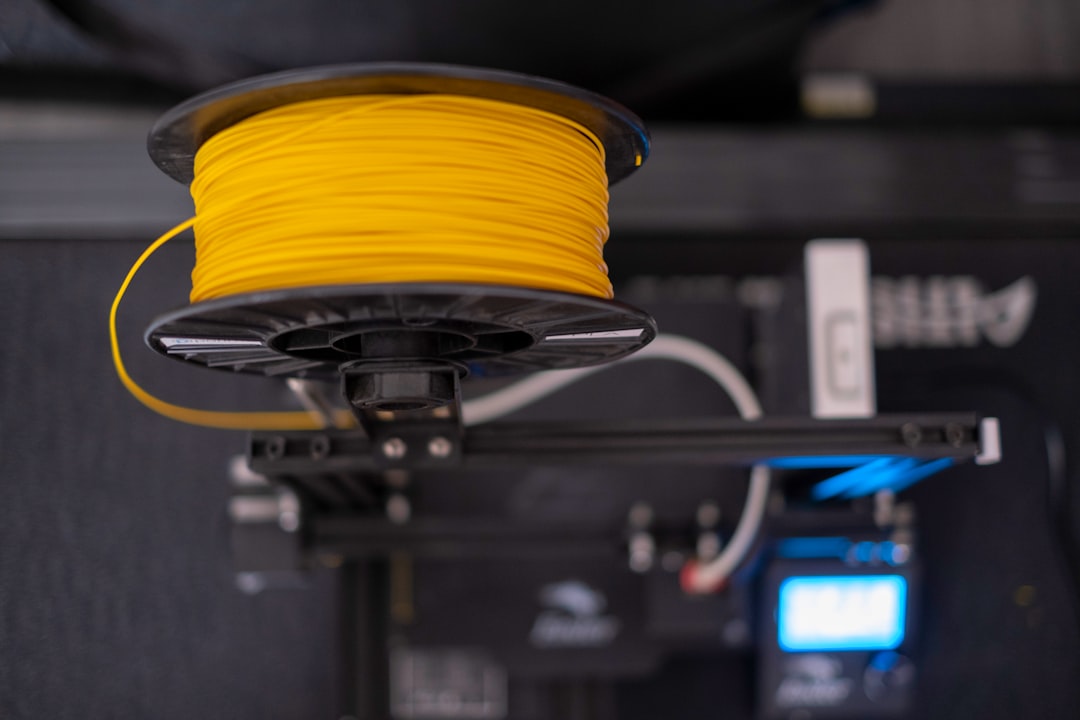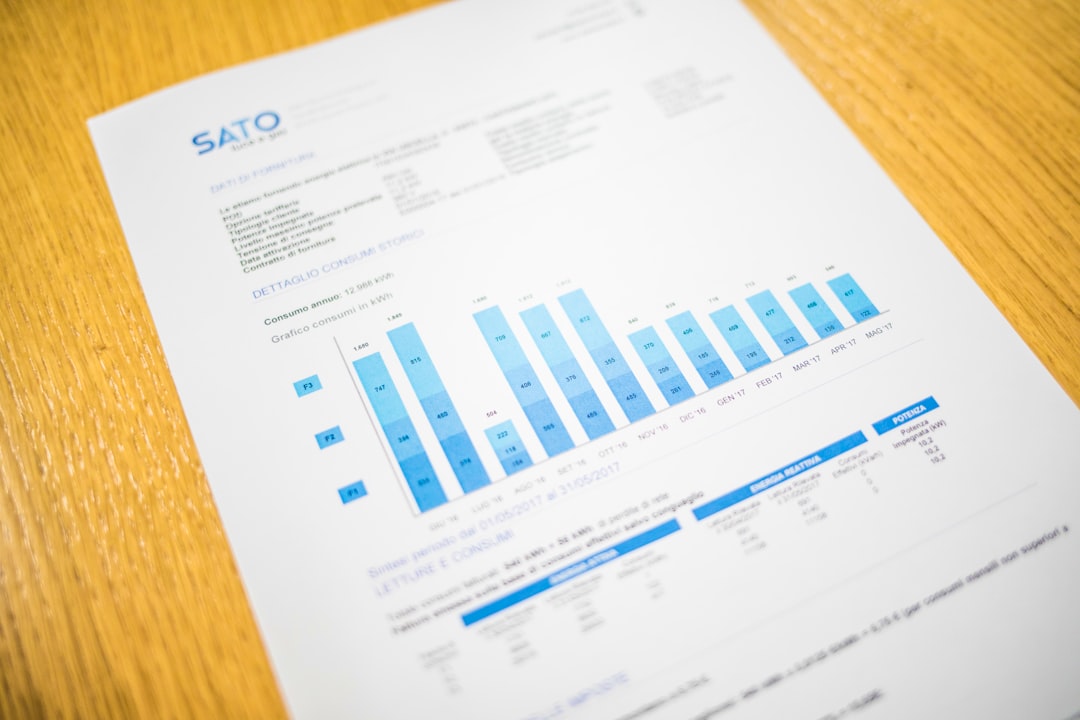
. Sumarni, N., R. Rosliani, and A.S. Duriat. 2010. Physical, Chemical, and Biological SoilManagement to Increase Soil Fertility and Hot Pepper Yield. The experiment was conducted at the ExperimentalGarden of Indonesian Vegetable Research Institute-Lembang (1,250 m asl.) on Andisol soil type from June 2004 upto January 2005. The aim of the experiment was to determine the effect of zeolite, stable manure, and NPK fertilizerapplications on soil fertility and hot pepper cv. Tanjung 1 yield. The treatments were set up in a factorial randomizedblock design with three replications. The treatments consisted of three factors, viz. (1) zeolite (0 and 500 kg/ha), (2)kinds of stable manure (horse, cow, and chicken manures) 20 t/ha respectively, and (3) NPK 15-15-15 (250, 500,750, and 1,000 kg/ha). The results indicated that there were no interaction effects between zeolite, stable manure, andNPK 15-15-15 on the growth and yield of hot pepper. Application of zeolite 500 kg/ha did not significantly affect thephysical, chemical, and biological characteristics of soil. It also did not affect on the growth and yield of hot pepper.The physical, chemical, and biological conditions of soil were not affected by the kinds of stable manure. But chickenmanure application gave the highest yield of hot pepper. Decreasing of NPK 15-15-15 dosages from 1,000 to 250 kg/ha did not significantly affect on the yield of hot pepper. Applying of stable manure (organic fertilizer) and adequatedosage of NPK fertilizer was necessary for each planting season to maintain the soil productivity


![Kelas Benih Kentang (Solanum Tuberosum L.) Berdasarkan Pertumbuhan, Produksi, dan Mutu Produk [Seed Class Potatoes Based On Growth, Production, And Quality Products (Solanum Tuberosum L.)] Image](https://images.unsplash.com/photo-1616458964840-5108e4d3adb3?crop=entropy&cs=tinysrgb&fit=max&fm=jpg&ixid=MnwxOTk4MjJ8MHwxfHNlYXJjaHwxMDJ8fHNjaWVuY2V8ZW58MHwwfHx8MTY2NTk5NjAzMg&ixlib=rb-1.2.1&q=80&w=1080&auto=format&auto=enhance)
